First, of course there's this great up and coming author of YA and MG Science Fiction that you should TOTALLY read. Her space-set book CONVERGENCE is really fascinating, a great read for kids (ages 10 and up or so.)
(buying link here - available in paperback and ebook. This is my SF novel, just in case you hadn't caught on yet.)
 How about a little steampunk train fantasy which feels just a wee bit science fictiony? My kids and I really enjoyed The Mark of the Dragonfly by Jaleigh Johnson this spring, and it's worth a look for readers of all types.
How about a little steampunk train fantasy which feels just a wee bit science fictiony? My kids and I really enjoyed The Mark of the Dragonfly by Jaleigh Johnson this spring, and it's worth a look for readers of all types.How about military SF cyberpunky stuff for teen readers? Very appealing to boys? The series that starts with the book INSIGNIA, by SJ Kincaid, is excellent. Another bonus, the series is complete, which means you don't have the long wait for another book in the series. YES, I'm looking at you, STEELHEART! (Steelheart is a great book for teen readers featuring a future Chicago with superheroes, only the superheroes are the bad guys. Excellent story, but the second book is only JUST coming out in January. Firefight's publication date is listed as Jan 5. We've waited so long!)
 What else is out there? In fantasy, we adore the Magic Thief series by Sarah Prineas, and this fall a fourth book in the series came out, called Magic Thief Home. This one is great for younger readers, too. My kids began reading this series around 2nd grade. There are a few dark bits but not too much, and the books tend to end on a hopeful or upbeat note.
What else is out there? In fantasy, we adore the Magic Thief series by Sarah Prineas, and this fall a fourth book in the series came out, called Magic Thief Home. This one is great for younger readers, too. My kids began reading this series around 2nd grade. There are a few dark bits but not too much, and the books tend to end on a hopeful or upbeat note.In older kid fiction, I'm really enjoying Blue Lily, Lily Blue, which is the final book in the Raven Boys series by Maggie Stiefvater. I recommend it to (older) teen readers and adult readers alike. It's a complex story of magic set in the modern day. I think what I like the most about this series is the complicated relationships the author sets up between the characters. Here in the third (last) book, I find myself just *understanding* the relationships between characters so deeply that their reactions to situations make sense even at the beginning of the book. I love an author who can characterize so deeply. There's also such a dreamy quality to the way the author describes the area, she clearly both knows and loves the environment she set this book in. Due to some strong themes of drug/alcohol use and abuse in the second book in particular, I don't recommend this younger than teenagers.
I'm just finished with a long bout of audiobook listening (a listening jag? Does that even work) of the Lois McMaster Bujold Vorkosigan series. It was an absolutely stunning ride, I'm still smiling. I love these books and as a friend suggested, I'm going to make my wishes known to my family that if ever I'm in a coma and they don't know if I'll recover, I want them to play these audiobooks in case I can hear. You, dear Prosers Readers, are responsible for reinforcing that wish if it ever comes up. I recommend starting with Shards of Honor. I really enjoyed this in audiobook, loved the narrator, but it would work in print as well. It's an older teen and up book, though, not for kids.
No matter what direction you read in this holiday season, I hope you read, read often, read lots, and share books with those you love. I've become "that crazy aunt who gifts books" and…I like it. (Gave my nephew a signed copy of The Mark of the Dragonfly, from above, for the holidays!) Enjoy!




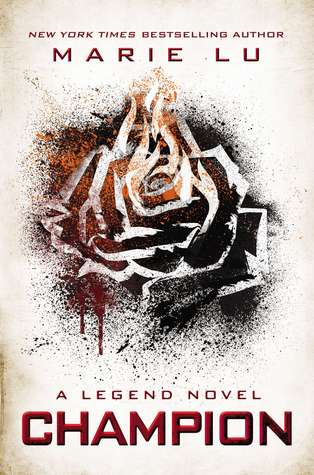
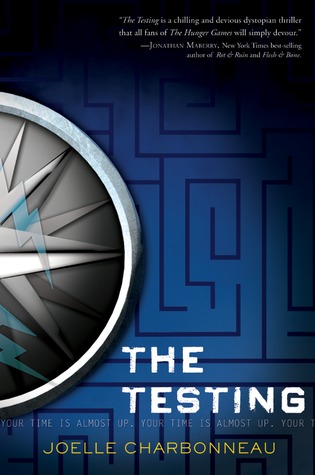

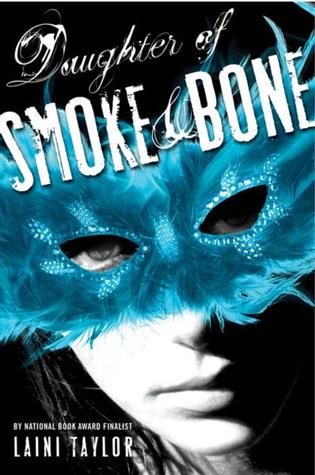
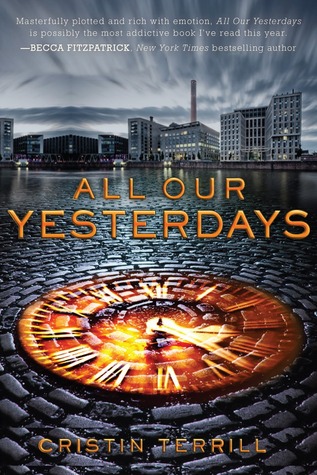


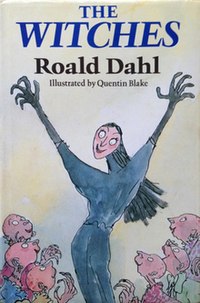






.jpg)








_cover.jpg)


.jpg)



.jpg)









